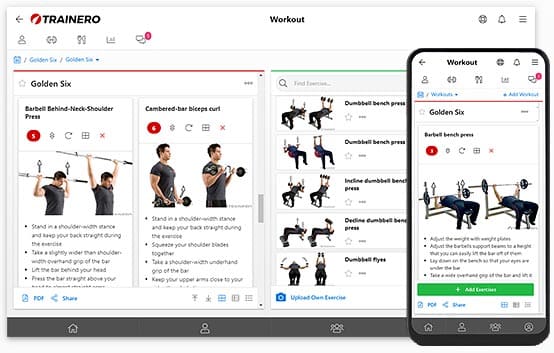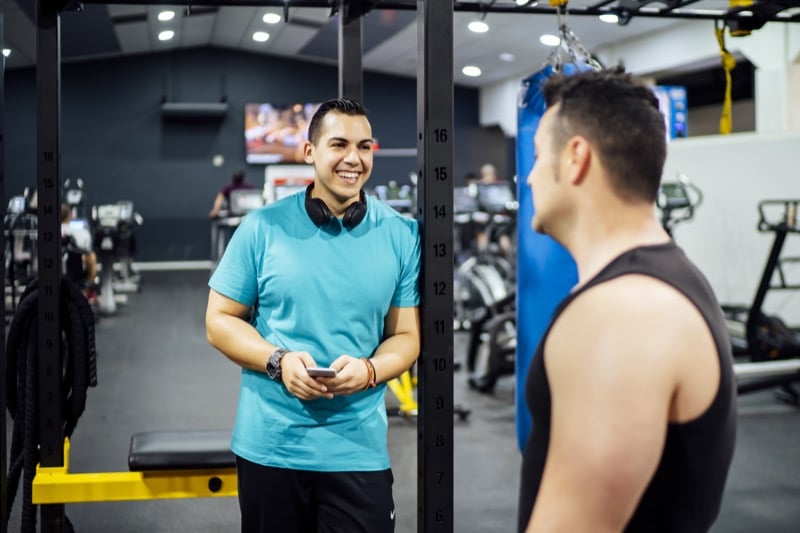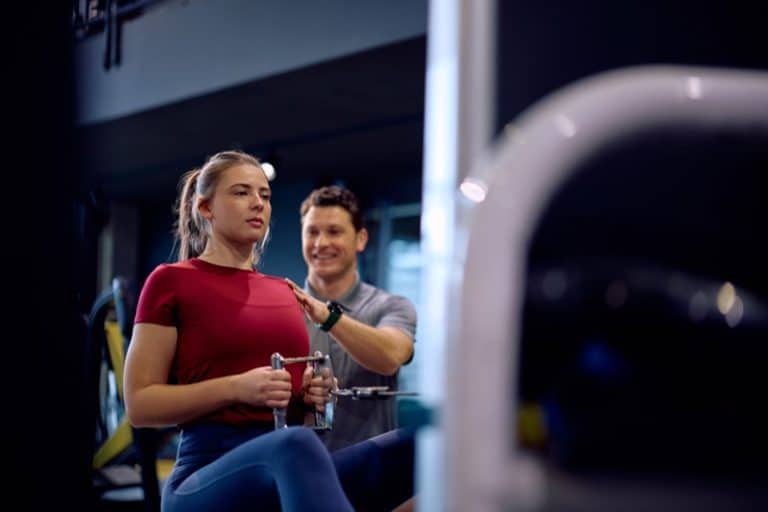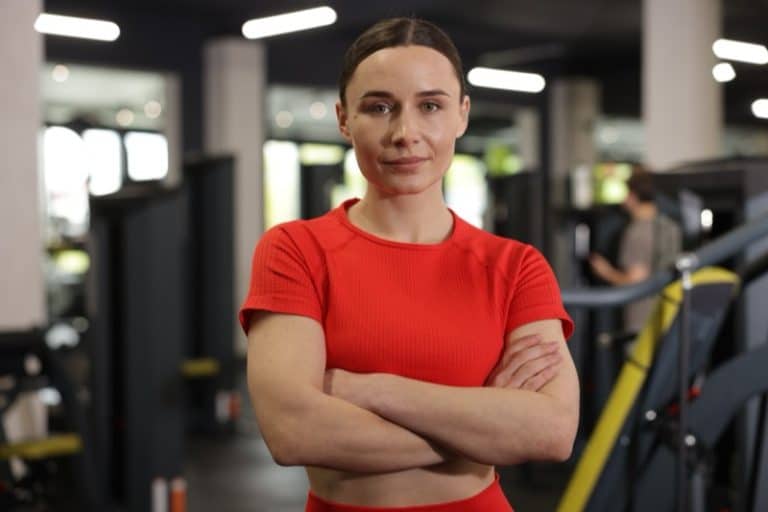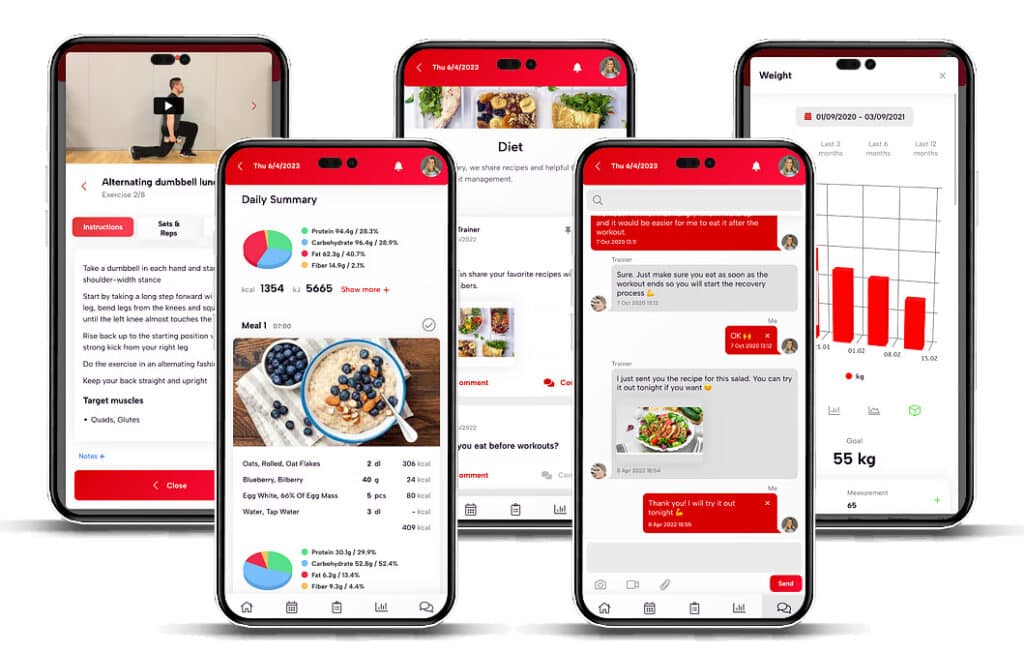Introduction
Hiring a personal trainer or fitness coach is a big step for many people. Whether it’s to lose weight, gain muscle, improve mobility, or just build healthy habits, clients want to feel confident that they’re choosing the right person to guide them. Before committing, they’ll typically ask a range of questions to make sure there’s a good fit — and if you’re a trainer, being prepared for those questions can make all the difference.
Here’s a look at the most common questions clients tend to ask when hiring a personal trainer or fitness coach — and why they matter.
1. What Are Your Qualifications and Certifications?
This is usually one of the first questions a client asks — and with good reason. Certifications from recognized organizations like NASM, ACE, ISSA, or NSCA indicate that you’ve been trained in proper technique, safety, and program design.
Why it matters: Clients want assurance that you’re knowledgeable and credible, not just someone who’s “into fitness.”
2. What’s Your Experience Working With People Like Me?
Clients often want to know if you’ve worked with individuals who have similar goals, fitness levels, or challenges.
Examples:
– “Have you trained beginners?”
– “Do you have experience with postpartum clients?”
– “Have you worked with people recovering from injuries?”
Why it matters: Experience builds trust. If you’ve successfully helped others in similar situations, clients are more likely to feel you can help them too.
3. What Does a Typical Training Session Look Like?
Clients want a picture of what their time with you will look like. Will there be a warm-up? How long is each session? Will you guide them through every exercise or just provide a plan?
Why it matters: Setting expectations helps reduce anxiety and shows professionalism. Be ready to explain your structure clearly and concisely.
4. How Do You Personalize Workout Plans?
No one wants a cookie-cutter plan. Potential clients want to know that you’ll take their unique goals, injuries, and preferences into account.
Why it matters: Tailored plans are more effective and sustainable — and clients know this. They want to feel seen and understood, not just added to a template.
5. How Do You Track Progress?
Whether it’s through measurements, strength tests, photos, or apps, clients want to know how you’ll measure success.
Why it matters: Progress tracking helps with motivation and accountability. It also shows that you take their results seriously and have a system in place.
6. What Results Can I Expect — and How Soon?
Clients naturally want to know how long it’ll take to see results. Be careful here — making unrealistic promises is a red flag.
What to say: Emphasize that progress depends on consistency, effort, and lifestyle factors. Use real examples from past clients to show what’s possible with hard work.
7. Do You Provide Help With Nutrition?
Many clients see training and nutrition as a package. Even if you’re not a licensed dietitian, they may expect basic guidance or meal suggestions.
Why it matters: Health and fitness goals are often diet-related. Be clear about the kind of support you offer — whether that’s macro tracking, general advice, or referrals to a nutritionist.
8. Where Do You Train Clients — and How Often?
Logistics are important. Clients will ask:
– “Do you train at a gym or come to my home?”
– “Do you offer online sessions?”
– “How many times a week should I train?”
Why it matters: Convenience, comfort, and affordability all play into whether someone commits. Be flexible where you can, but also set clear boundaries and pricing.
9. What’s Your Pricing and Cancellation Policy?
While not always the first question, it’s essential. Clients want to know the cost, payment structure, cancellation rules, and whether packages or discounts are available.
Tip: Be transparent and clear. This prevents misunderstandings and establishes trust.
10. How Do You Keep Clients Motivated and Accountable?
This is especially important for those who struggle with consistency. They might ask:
– “Do you follow up between sessions?”
– “Do you use any apps to check in?”
– “How do you help people stay on track?”
Why it matters: People hire personal trainers not just for workouts, but for support, structure, and motivation. Showing that you care outside of sessions can set you apart.
Bonus: Red Flags Clients May Be Watching For
Many clients have done their homework — and they’re watching for warning signs:
– Promises of quick results
– Lack of certification or insurance
– Generic programs that don’t feel personalized
– Poor communication or vague answers
Be honest, patient, and professional. Even if someone doesn’t hire you right away, they’ll remember how you made them feel during the first conversation.
Final Thoughts: Be Prepared and Personable
When it comes to hiring a personal trainer, clients are looking for more than just knowledge — they want someone who listens, cares, and has a proven track record. Being ready to answer these questions with clarity and confidence builds trust and increases the chance of converting an inquiry into a long-term client.
If you’re a trainer, take time to review your consultation process. Anticipate the questions above and consider including answers on your website, social media, or welcome materials. The more open and approachable you are, the easier it will be for clients to say “yes” to working with you.

Unlock your fitness potential with Trainero! Get a 14-day free trial and access personalized workout plans, expert coaching, and progress tracking—all in one app. No commitments, just results. Start your free trial today and take your fitness journey to the next level!
